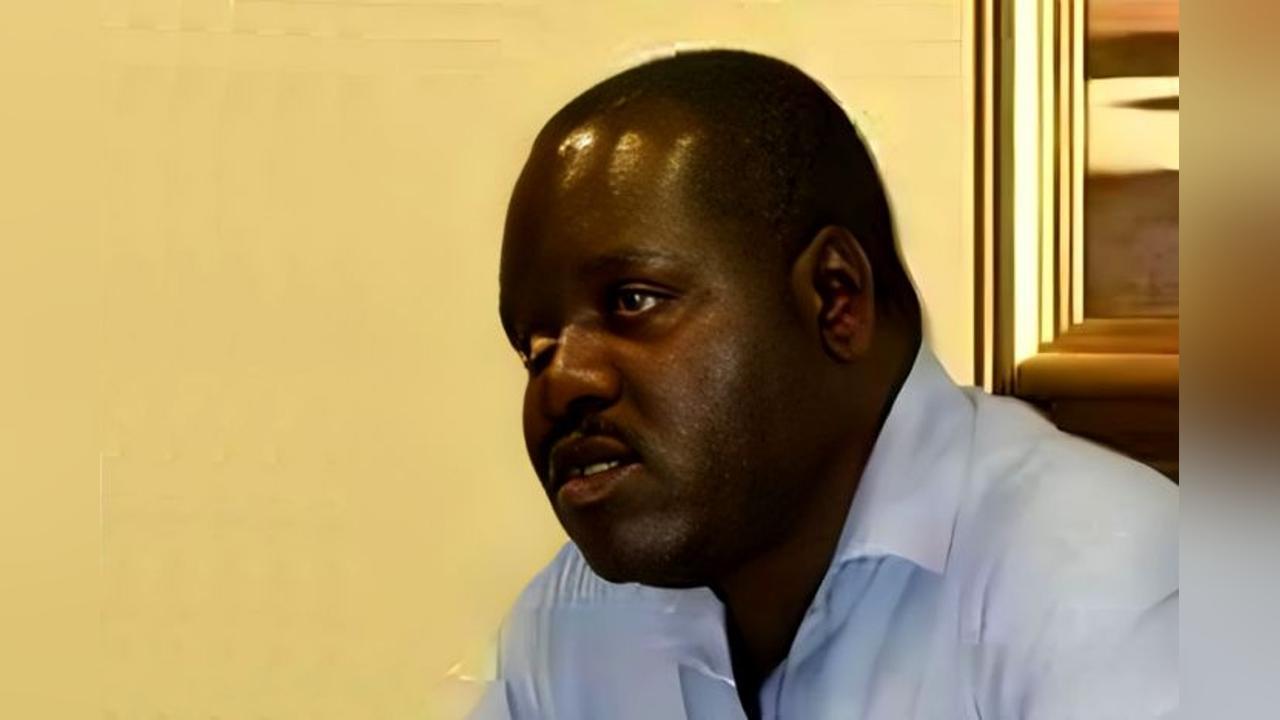By Rafael Morais
Africa-Press – Angola. In theory, democracy is a system in which the people choose, decide, and rule. In practice, as in Angola, what passes for “elections” is merely a poorly rehearsed spectacle, where the results are already decided before the first ballot box is even opened.
The voter becomes a luxury figure, while real power is exercised behind closed doors, through appointments that are worth more than millions of votes.
This isn’t an exaggeration. When ministers, governors, judges, and military leaders are chosen based on party loyalty rather than competence or merit, the popular vote becomes a tasteless joke. Democracy, in this scenario, is nothing more than a pretty label stuck on an empty bottle.
The recent downfall of the Superior Council of the Judiciary is a true reflection of this nausea. According to reports in local online newspapers, during his defense during the interrogation conducted by the Attorney General’s Office, he went so far as to say he didn’t know some of his actions constituted crimes because “no one had warned him.” This response outraged the legal academic community and also exposed their despair at the sheer volume of alleged crimes committed.
It’s not hard to see: the citizen didn’t fall due to a lack of competence or a sudden moral awakening within the system. He fell because, by all accounts, he touched on forbidden areas where he shouldn’t have been. Before that, accusations were piling up in expert debates, even accusing the President of the Republic of protecting him. Whether this was true or not is irrelevant; the bottom line is that he was only forced out when he was no longer useful or became a nuisance to the power brokers. Deep down, they only listen when their wounds are touched.
When appointments are more important than elections, when cronyism trumps merit, when party loyalty outweighs technical competence, democracy becomes fragile and nauseating. Yesterday’s communist, who spoke out against capitalism, is today’s luxury capitalist manager, but maintains the old logic of controlling, suffocating, and domesticating the people.
The rhetoric is about freedom, but the practice is about political monopoly. The menu is democratic, but the dish served is always the same: closed, centralized power, protected by tailor-made appointments.
The case of the Superior Council of the Judiciary is just the tip of the iceberg, demonstrating how the system feeds on itself and protects itself, until an internal slip-up forces the sacrifice of one of its own pawns. Essentially, politics has become theater; the people are the audience, power is the stage, and the actors are always the same. A country is only strong when its institutions are solid and when the citizens who lead them demonstrate competence and full awareness of their responsibilities to the people.
For More News And Analysis About Angola Follow Africa-Press






